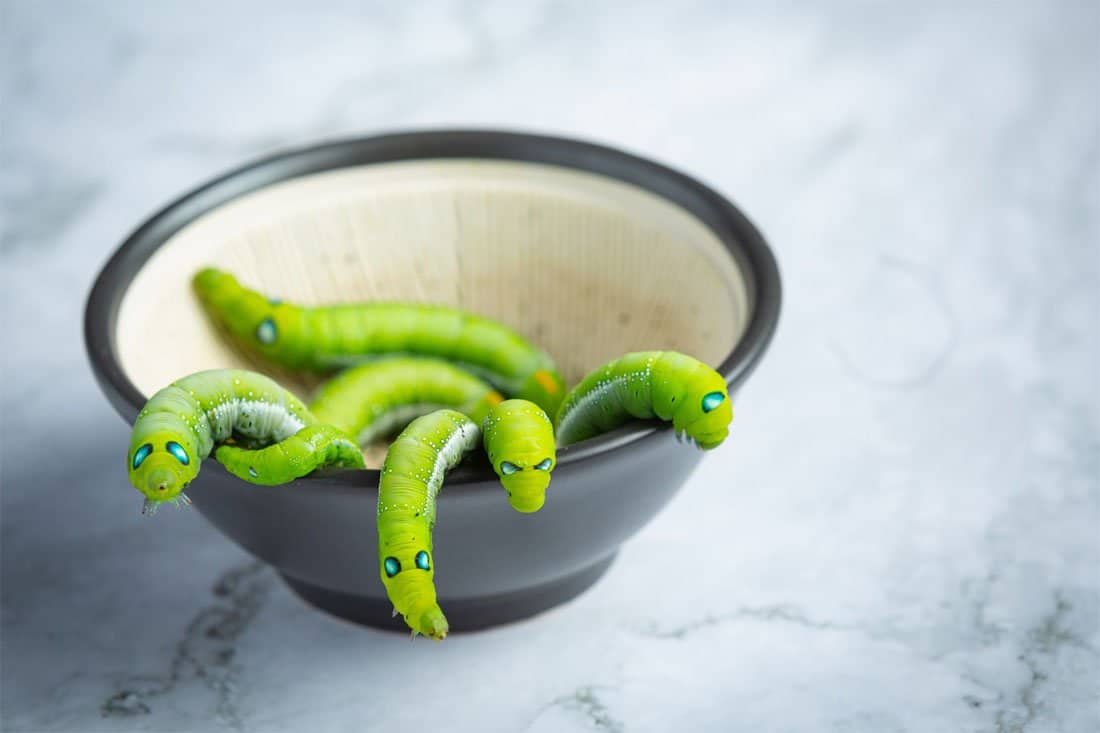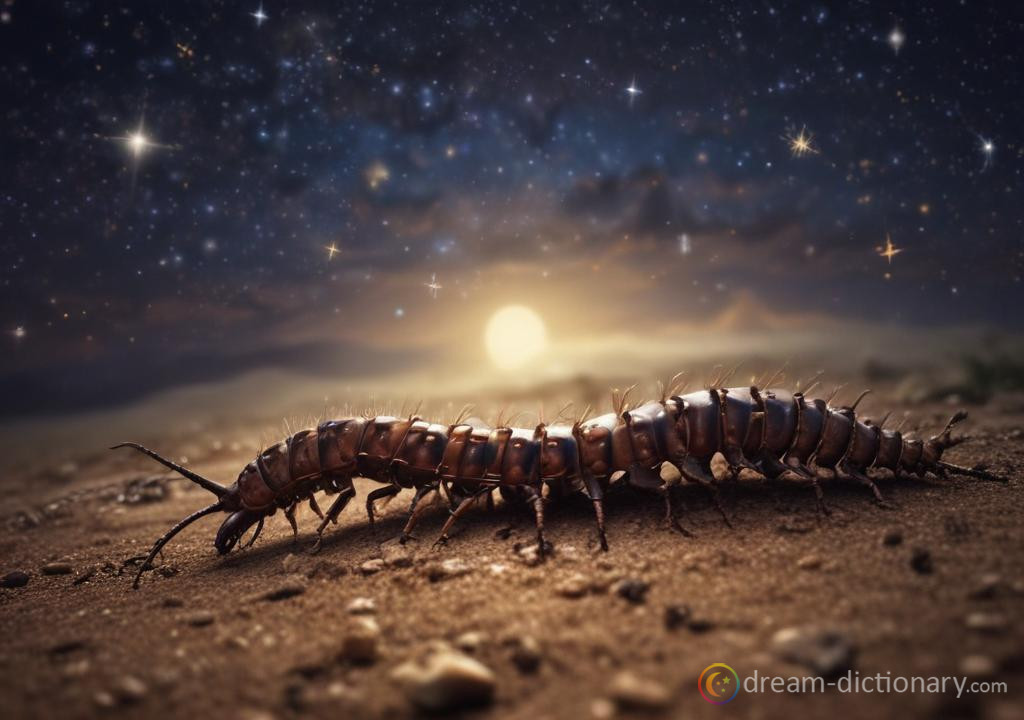Can Worms Dream?
Dreams are a fascinating and mysterious phenomenon. Humans and many animals experience dreams, but what about worms? Worms are simple creatures, but they play an important role in the ecosystem and have been studied extensively by scientists. In this article, we’ll explore the question of whether worms can dream.
The Science of Worms
Before we can answer the question of whether worms can dream, it’s important to understand a bit about the science of worms. Worms are part of a group of animals called invertebrates, which means they do not have a backbone. They are also known as annelids, which means they have a segmented body made up of repeating units.
Worms play an important role in the ecosystem, as they help to decompose dead organic matter and cycle nutrients back into the soil. They are also used in scientific research as model organisms, as they have a simple nervous system and are easy to study in the laboratory.
The Question of Worm Dreams
Despite their importance in the ecosystem and in scientific research, there is little evidence to suggest that worms experience dreams. Dreams are thought to occur during the rapid eye movement (REM) phase of sleep, which is characterized by rapid eye movements and increased brain activity. However, worms do not have eyes, and their nervous systems are much simpler than those of humans and other animals that experience dreams.
While it is possible that worms may experience some form of sleep or rest, it is unlikely that they experience the same type of dreams that humans and other animals do. Worms do not have the same level of cognitive function and consciousness as humans, and their brains are not capable of producing the complex imagery and symbolism that we experience in our dreams.
The Importance of Sleep for Worms
While worms may not dream, sleep is still an important part of their lives. Like other animals, worms need sleep to rest and recharge. Studies have shown that worms can enter a state of rest that is similar to sleep, during which their metabolism slows down and their bodies repair themselves.
Worms have also been shown to exhibit a type of sleep behavior called quiescence, which is characterized by reduced movement and increased sensitivity to external stimuli. This behavior is thought to be a form of rest that allows worms to conserve energy and recover from the stress of their environment.
Sleep for Worms
In conclusion, while worms are an important part of the ecosystem and scientific research, there is little evidence to suggest that they experience dreams. Dreams are thought to be a complex cognitive process that requires a certain level of consciousness and cognitive function, which worms do not possess. However, worms do require sleep and rest, and they exhibit sleep-like behaviors that allow them to rest and recover.
While the question of whether worms dream may never be fully answered, it is important to continue studying these fascinating creatures and their role in the ecosystem. By understanding the science of worms, we can gain a greater appreciation for the complex and interconnected nature of the natural world around us.







